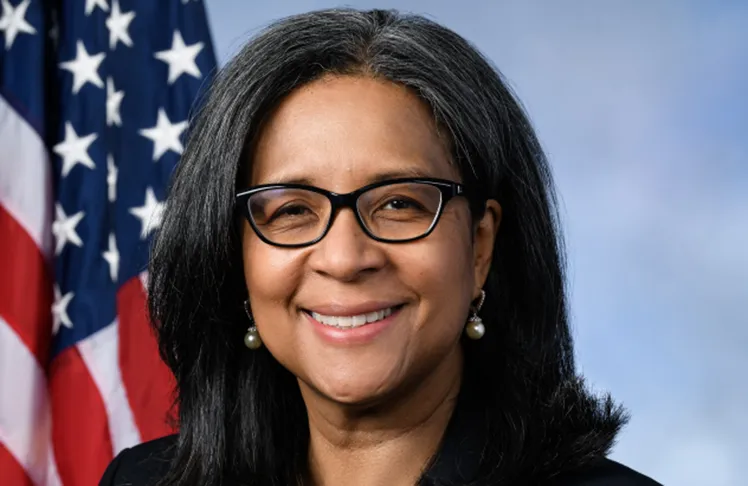
By Aaron Allen, The Seattle Medium
Congresswoman Marilyn Strickland (WA-10) and Representative Adam Smith (WA-09) have introduced the Investments in Innovation Act, a bill aimed at strengthening the Small Business Investment Company (SBIC) program by encouraging more investment in minority-owned small businesses.
According to Strickland, the legislation is rooted in the idea that economic growth starts at the community level.
“When small businesses thrive, the communities around them thrive,” says Strickland.
The bill seeks to address long-standing disparities in capital access by incentivizing private investment in businesses owned by people of color. Supporters say the legislation promotes economic equity and community growth while tackling persistent wealth gaps.
Investing in minority-owned businesses is seen as a critical strategy for several reasons: it fosters economic empowerment in underrepresented communities, creates jobs, stimulates local economies, and brings diversity and innovation to the broader marketplace. In addition to its economic benefits, the bill is designed to strengthen social cohesion and increase representation of diverse entrepreneurs.
“Incentivizing investments in minority-owned businesses will boost local economies,” says Strickland. “It will improve the job market and build capital for business owners and investors.”
The Investments in Innovation Act is endorsed by several key organizations, including the Main Street Alliance and the Small Business Majority. These groups advocate for equitable small business policies and highlight the particular challenges faced by Black, Brown, and women-owned enterprises.
John Arensmeyer, founder and CEO of Small Business Majority, describes the small business landscape as “challenging,” especially for business owners in marginalized communities.
“One of the biggest challenges for small businesses is that the playing field on which they operate is uneven,” says Arensmeyer. “This is especially true for small businesses owned by women and people of color.”
Arensmeyer says that many small businesses are systematically underserved, not only because of ongoing discrimination based on race, national origin, and gender, but also due to historical and continued underinvestment in the communities they serve.
“In marginalized communities, especially those that lack public support for small businesses, legislation and resources employing inclusive practices are needed,” says Arensmeyer. “These under-resourced entrepreneurs sometimes need a helping hand, and legislation that would incentivize investment in the small businesses that need the most support is exactly the kind of policy that our nation’s lawmakers should get behind.”



